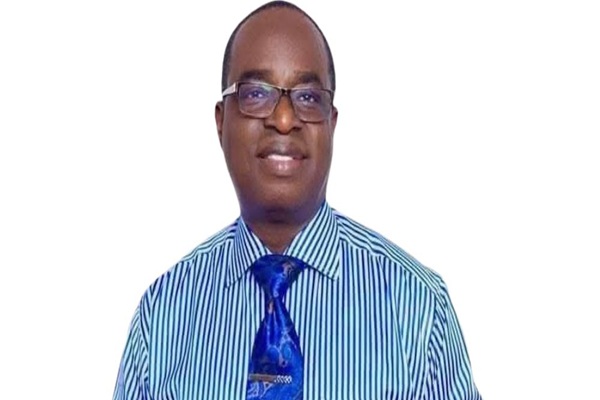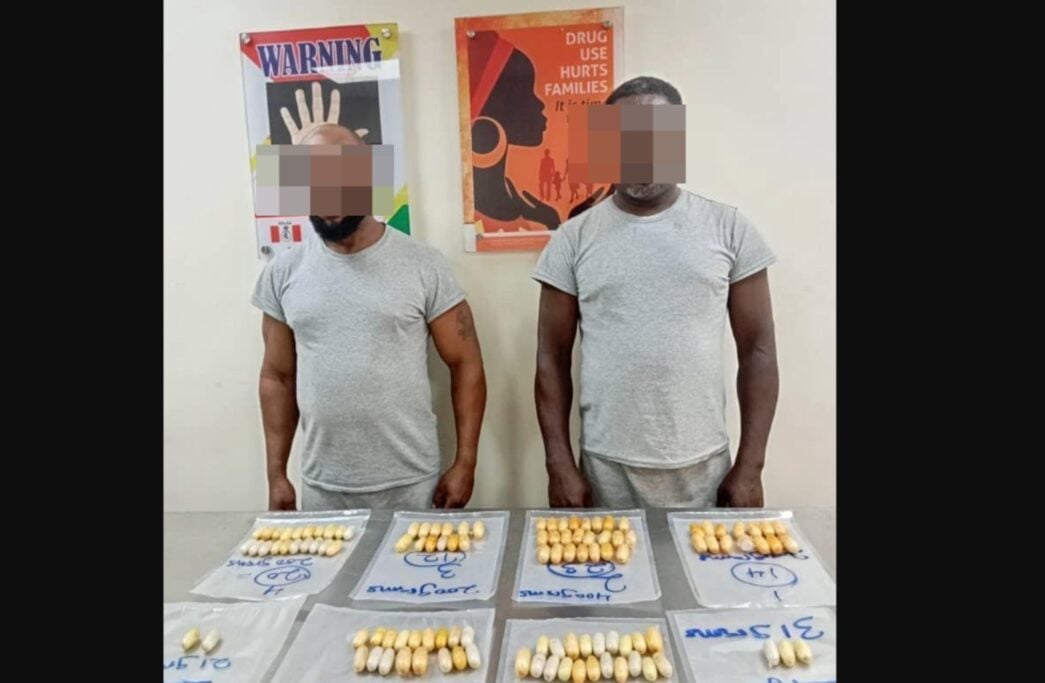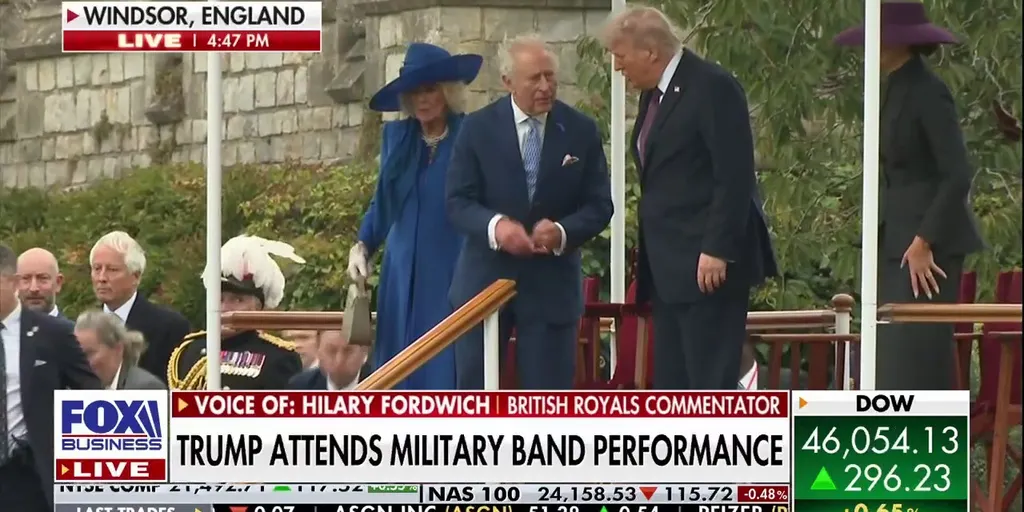By Our Reporter,The Nation
Copyright thenationonlineng

By Kayode Oladele
As Ogun State inches toward the 2027 governorship election, one name keeps rising above the usual hum of political chatter: Senator Solomon Olamilekan Adeola, fondly called Yayi.
Across the three senatorial districts, from bustling Abeokuta to the border towns of Idi-Iroko and Imeko, Yayi’s name now comes up not as a fleeting political slogan but as the embodiment of a long-delayed promise: the promise that Ogun can finally embrace inclusive leadership and people-centred development.
For decades, Ogun West has stood at the margins of the state’s political history. While Ogun East and Ogun Central have alternated in producing governors, Ogun West has never had a turn at the highest office. The resulting sense of exclusion has lingered for years, surfacing each election season but often receding in the face of entrenched power blocs.
Yayi’s rise has given that sentiment a credible, tangible face. His candidacy has become synonymous with a long-awaited correction of the imbalance; a chance for the state to practise, within its borders, the very principle of equitable representation that Nigeria’s Constitution prescribes for the federation as a whole.
What makes the Yayi remarkable is the breadth of his appeal. Inside the ruling APC, he is seen as the most formidable contender for the party’s ticket. Yet his influence reaches beyond partisan lines: senior figures in the PDP and ADC openly admit his credibility, while smaller parties have hinted that they would rally behind him if he emerges as the APC’s flag-bearer.
This unusual cross-party resonance is driven by three factors: a track record of visible performance, a reputation for accessibility to ordinary people, and his symbolism as the voice of a region long denied its fair share.
Yayi’s political odyssey began in Lagos, where he built a reputation as a legislator focused on fiscal discipline and constituency intervention projects that had real impact. Since crossing over to represent Ogun West in the National Assembly, he has deepened that record with road interventions, medical interventions, scholarships, micro-credit support for market women, and programs for youth and women’s empowerment.
These are projects that farmers, traders, students, and ordinary people can point to in their communities with pride and commendation for Yayi. This grounding in practical service has strengthened the aspiration of the people that Ogun deserves a leader who can match promise with delivery.
Importantly, Yayi’s narrative does not dismiss the gains of the current APC-led administration in Ogun. Governor Dapo Abiodun’s investments in road rehabilitation, agro-industrial parks, ICT corridors, and housing have been acknowledged even by his critics.
Yayi often highlights these achievements as a foundation to build on, not tear down, pitching himself as the candidate of “continuity with innovation.” His vision is to scale up the industrial corridors in Sagamu and Agbara and expand them into the long-neglected border towns between Lagos and Ogun States, integrating them into the state’s growth hubs.
That vision also aligns naturally with President Bola Ahmed Tinubu’s Renewed Hope Agenda. Tinubu’s focus on infrastructure financing, power reform, credit for small businesses, and security improvements requires state-level partners who understand both the policy details and the urgency behind them.
Read Also: 2027: Ebonyi not Obidient, will vote for Tinubu, Nwifuru, says Umahi
Yayi, a long-time Tinubu ally, often frames his campaign around bringing these national reforms home by unlocking agro-processing value chains in all three senatorial districts, improving cross-border trade facilities, and tackling youth unemployment with vocational skills hubs.
Yet policy plans alone do not account for his momentum. Much of it lies in his personal brand: humility, grounded and widely seen as a bridge-builder among Ogun’s diverse blocs: the Yewa-Awori, Egba, Remo, and Ijebu, respectively. His Movement has deliberately mobilised youth and women not as token supporters but as stakeholders with a voice in decision-making. The refrain “Yayi Ni Jooo” resonates because it reflects that inclusiveness.
As the APC prepares for its primaries, the process itself is likely to shape the outcome of 2027. Party faithful argue that a direct primary, giving every member a vote, would best reflect grassroots will and avoid the factional rancour that sometimes trails delegate-controlled systems.
Many within the party believe that rallying around a popular Ogun West candidate like Yayi would not only correct a historic imbalance but also energise the base, positioning the APC to retain the state comfortably and deliver a decisive vote for President Tinubu’s expected second-term bid.
For the ordinary voter, however, these high-level calculations boil down to very tangible aspirations. The market woman in Ilaro wants better feeder roads to get her produce to markets. The farmer in Imeko dreams of accessible storage and processing facilities. The industrial workers in Sagamu, Otta, and Agbara ask for safer highways and more reliable power.
The trader at Sapon and Itoku markets in Abeokuta hopes for a stable power supply and more empowerment to operate her business, while a student in Ijebu Ode wants affordable skills training and jobs after graduation. To these everyday concerns, the call for Yayi feels less like a political slogan than a chance at dignity and opportunity.
Yayi’s surge is therefore not merely about who occupies Oke-Mosan Government House. It is about whether Ogun can at last reconcile equity with progress, continuity with reform, and politics with people-centred development. His emergence as a frontrunner suggests that 2027 may be the year the state charts a fairer, more inclusive course.
– Oladele is the Acting National Chairman, Federal Character Commission (FCC), Abuja



